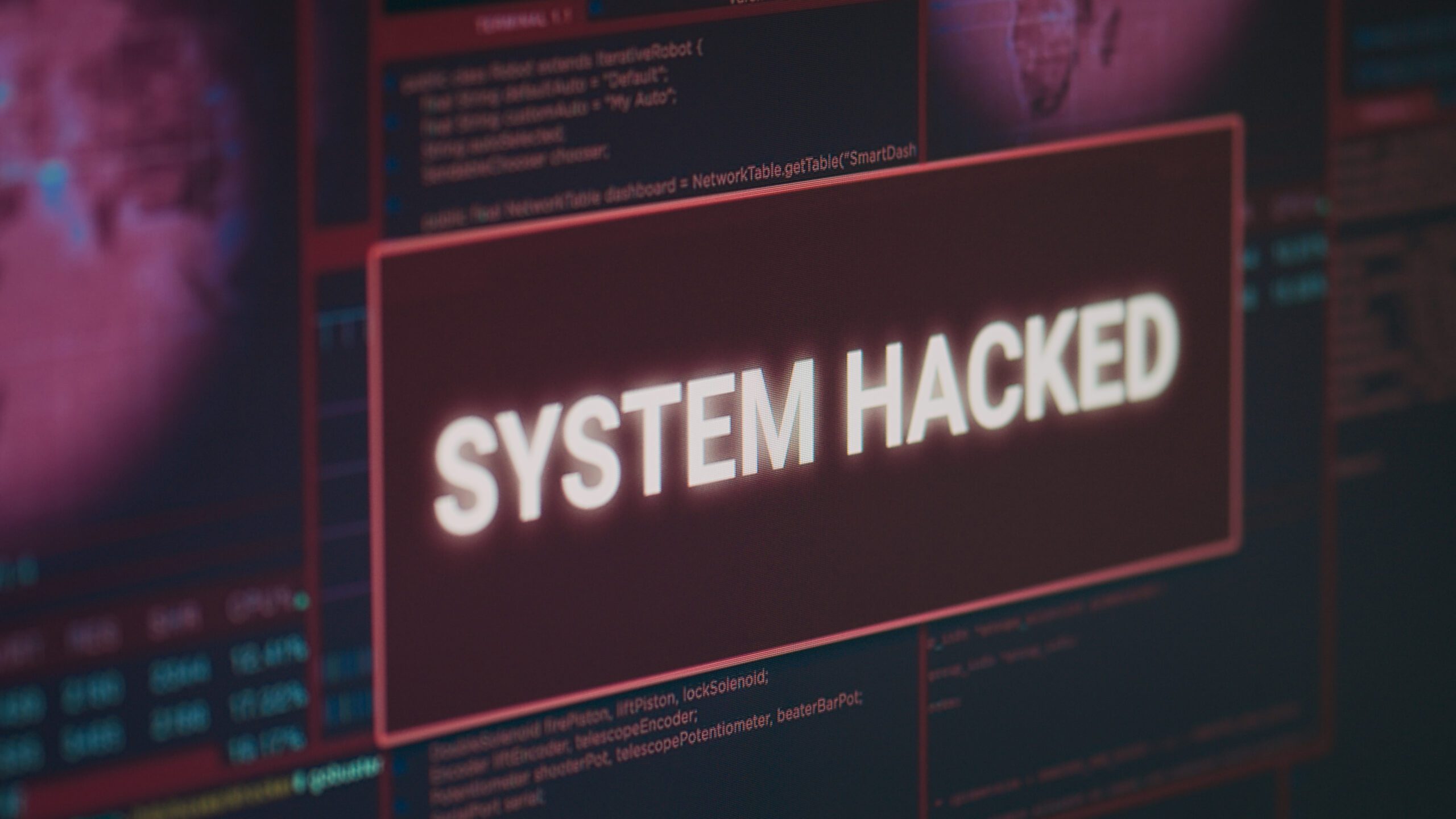The 7 major cybersecurity threats in Africa
According to the 2024 Interpol Africa Cyber Threat Assessment Report from the Bureau for Cybercrime Operations in Africa, the following cybercrime threats are highlighted the main threats facing the continent. Let's take a look at these threats to better understand their impact and how to protect against them.
Ransomware attacks are among the most feared types of attack. They involve encrypting the data of a company or individual, making access impossible until a ransom is paid. In Africa, this type of attack is intensifying, particularly targeting businesses and government institutions.
Why is this a problem? These attacks disrupt operations and expose sensitive information to the risk of disclosure.
Online scams, often carried out via fraudulent e-mails, fake websites or even social networks, take various forms to extract money or information. Cybercriminals exploit the trust of users, especially the less sophisticated, to trick them into making financial transactions or providing confidential information.
Impact : Individuals and small businesses are particularly vulnerable, with a potentially devastating financial impact.
In this type of attack, cybercriminals hack into or spoof company e-mail accounts to issue fraudulent transfer instructions, which are often very convincing. In Africa, attacks of this kind frequently target multinational companies.
Issues : Financial losses for companies can be substantial, and relationships of trust with business partners are jeopardised.
Digital extortion attacks involve threatening a person or business with disclosure of confidential information or disruption of operations if a sum of money is not paid. These threats are intensifying with advances in technology, making digital blackmail more commonplace.
Consequence: This threat puts the reputation and safety of victims at risk, as well as causing financial losses.
A botnet is a network of hacked devices controlled remotely by an attacker. These networks are used for massive attacks, particularly DDoS (Distributed Denial of Service) attacks. In Africa, the growing use of connected devices amplifies this risk.
Why is this a concern? Botnets enable large-scale attacks, capable of paralysing websites or critical systems.
Phishing is a technique whereby cybercriminals pose as legitimate institutions to steal information, such as bank details or passwords. In Africa, phishing remains one of the most frequent cyber attacks, affecting individuals and businesses of all sizes.
Impact : Victims are often unsuspecting users who provide their information unsuspectingly.
Cybercriminals are increasingly targeting critical infrastructure, such as energy, transport and telecommunications networks. These infrastructures are strategic, and destabilising them has serious consequences for the economy and national security.
Major risk : Attacks can cause massive disruption to public services, with a considerable impact on society and the economy.
How can CediTech help organisations protect themselves from? these threats
CediTech offers specialised cybersecurity training to help African organisations protect themselves against these risks. By training tomorrow's talent, we will enable you to detect, prevent and respond to cyber attacks, while building a resilient digital ecosystem.

